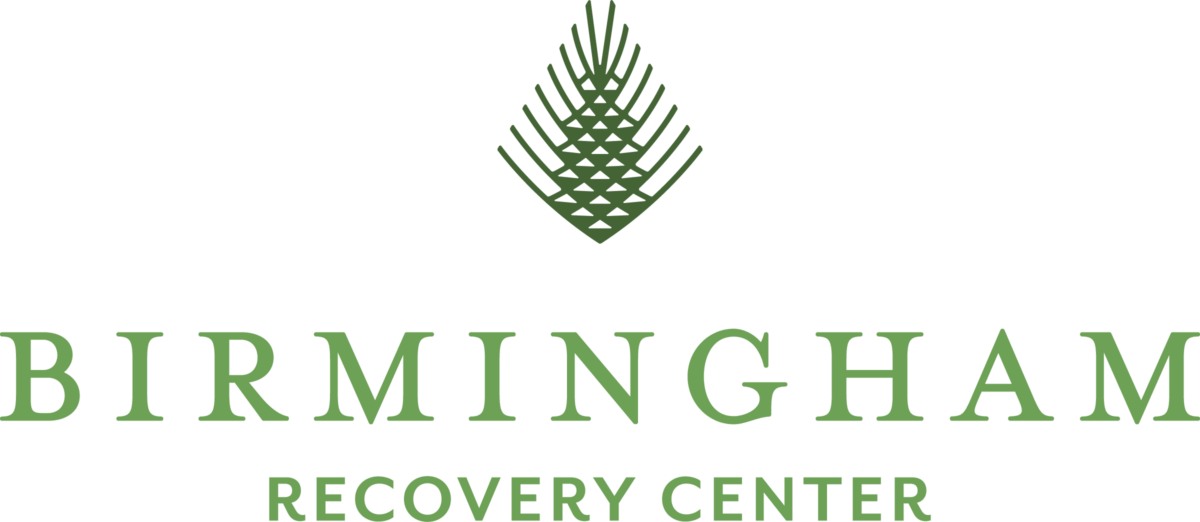If you suspect that someone in your life has been using meth, it is important to learn about the signs and potential effects of this extremely harmful drug. When a person is under the influence of meth, they are a danger to themselves and others. Meth use is associated with violent outbursts, poor decisions, and risky or reckless behaviors. When you learn how to tell if someone’s high on meth, you may be better able to help them and protect yourself.
What is Meth?
Meth, which is short for methamphetamine, is a powerful stimulant that is highly addictive. It has a few legitimate medical uses, but it is primarily used as a recreational drug. Meth typically appears as a white powder or a clear crystal. Most people who abuse meth do so by smoking it. The drug may also be snorted or injected.
According to the National Institute on Drug Abuse (NIDA), about 2.6 million people in the United States used meth in 2020. Experts estimate that about 1.5 million of these people became addicted to the drug. The NIDA data also indicates that meth use may have been a factor in almost 24,000 overdose deaths in 2020.
How to Tell if Someone’s High on Meth
Meth can affect how a person thinks, feels, and acts. Here are a few ways to tell if someone is high on meth:
- Their eyes are red and their pupils are dilated.
- They are sweating and breathing faster than normal.
- They have been awake for an extended period of time, even for several days in a row
- They repeatedly grind their teeth and scratch at their skin.
- They seem to be more alert and energetic than usual.
- They have drastic mood swings.
- They act with uncharacteristic violence or aggressiveness.
- They are nauseous and have no appetite.
Please note that none of these symptoms are irrefutable proof that a person has been using meth. But if a person shows multiple signs, especially if these signs are not typical for them, that may indicate that they are high on meth.
Effects of Meth Use
Every time someone uses methamphetamine, they expose themselves to considerable harm. The longer they continue to engage in this dangerous behavior, the more likely they are to experience negative effects. Continued meth abuse can undermine a person’s physical, emotional, and social well-being. Potential effects of meth use include the following:
- Extreme weight loss
- Scabs and sores on the face and other body parts
- Tooth decay
- Damage to the heart, lungs, liver, and kidneys
- Heightened risk of HIV/AIDS, hepatitis B, and hepatitis C
- Paranoia
- Addiction
- Diminished ability to learn and remember
- Being arrested and jailed
- Job loss and unemployment
- Social withdrawal
- Financial devastation
- Homelessness
- Onset of co-occurring mental health concerns
- Suicidal thoughts and behaviors
It is no exaggeration to note that continued meth abuse can be devastating and possibly deadly. Anyone who engages in continued meth use needs help.
Signs & Symptoms of Meth Addiction
Knowing how to tell if someone’s high on meth is an important skill. It can also be valuable to understand what happens when a person’s meth use causes them to become addicted. The following signs and symptoms may indicate that a person has developed an addiction to methamphetamine:
- Frequently missing school or work with no acceptable explanation
- Spending significant amounts of time seeking, acquiring, using, and recovering from meth
- Using meth in circumstances when it is especially dangerous to do so, such as prior to driving a car
- Continuing to use meth even after having negative experiences due to previous use, such as health problems, job loss, or being arrested
- Developing tolerance, which means they need to use greater amounts of meth to feel the desired effects
- Experiencing withdrawal symptoms, which can include physical and emotional distress when they are unable to use meth
- Trying to end their methamphetamine use but being unable to do so
If you suspect that someone you care about has become addicted to meth, try to get them to consult with a doctor or another healthcare provider. A qualified expert can conduct an assessment, provide a diagnosis, and recommend appropriate treatment options.
Meth Addiction Treatment Options in Birmingham, AL
Meth addiction treatment may include several components, including detox and multiple types of therapy. Detox, or detoxification, may be an essential first step. When a person tries to stop using meth on their own, the pain of withdrawal may quickly overwhelm them. In a detox program, such as the one offered through Birmingham Recovery Center, a team of dedicated professionals provide medical and therapeutic support to help a person get through methamphetamine withdrawal.
Once a person has finished detox, they may be better prepared to fully participate in therapy. Therapy can help people understand why they began to use meth, what caused them to become addicted, and how they can avoid future urges to abuse this drug again. Treatment can also help people form effective personal support networks. Knowing who a person can rely on during difficult times can help them resist relapse and remain in recovery.
Find Meth Addiction Treatment in Birmingham, AL
Birmingham Recovery Center offers personalized care for people in the Birmingham, AL area who have become addicted to meth and other drugs. Starting with detox and continuing through multiple levels of outpatient care, we offer several options to help you end your meth abuse and build a foundation for successful recovery. With our help, you can achieve a healthier and much more hopeful future. Give us a call or visit our admissions page today to learn more.

